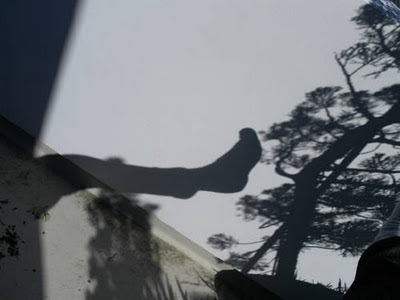
Lately I have been stressed. I know very well what stresses me. It's absurd, and I can't stop it, but I can recognize it and do my best to settle down. Early nights, exercise and ticking off the to-do list help.
When too many obligations stud the calendar, that's what stresses me. I'm programmed to do one thing at a time. One enormous problem is not an issue: I can handle that. Show me a terrorist or a book to write by Friday, and I will cope on automatic pilot. Show me a calendar with 50 deadlines and to-do tasks, no matter how small, and I crumble.
Right now all is well again. Aaah... When stress lifts, I feel an electro-chemical change surge through my body.
We are nearly half-way through February and I have been ticking DONE beside small items and large. It even helps that three of my to-do things will be over by Sunday night.
- Tomorrow, a rehearsal for our role in the Chinese New Year show at the TSB Events Centre
- Sunday, the performance
- Sunday, an open home for Novella, the apartment I'm selling by private sale.
Odd: as if nearly done is done.
And as if stress is a computable arithmetic progression. Now I'm working backwards. March is equally busy, and in April another progression will begin. It's all logarithms, I suspect. Or logarhythms.
This pattern I cannot blame on age, as I recall spotting exactly the same pattern in my thirties, when I began to perform in public.
What stresses you, I wonder?












